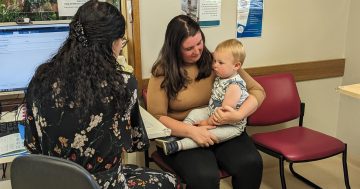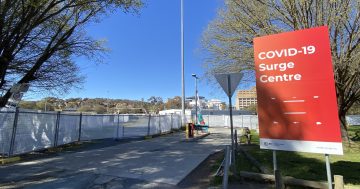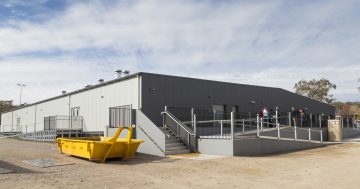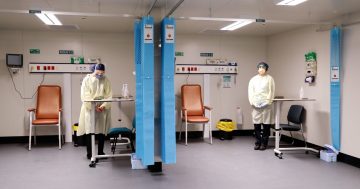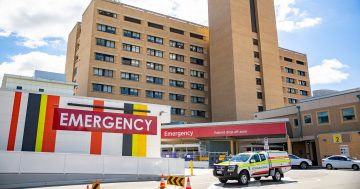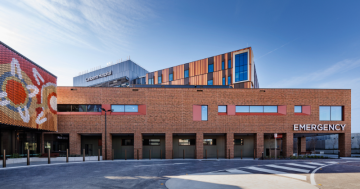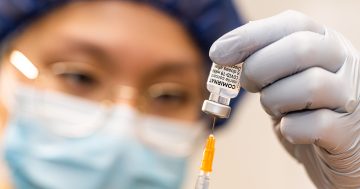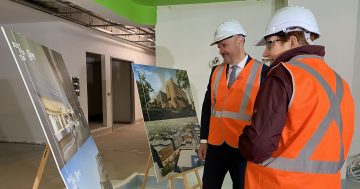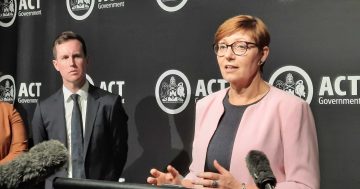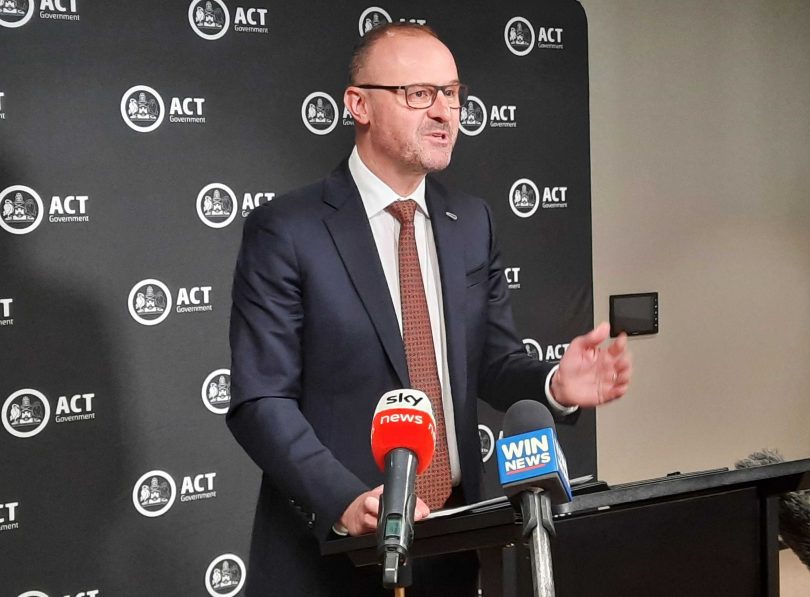
Chief Minister Andrew Barr: “We are in this situation because Australia doesn’t have enough vaccines.” Photo: Ian Bushnell.
Canberrans will likely face interstate COVID-19 travel restrictions until the end of winter, Chief Minister Andrew Barr has warned, and he’s laid the blame squarely at the feet of the Federal Government for its failures on vaccine supply and quarantine.
“We are in this situation because Australia doesn’t have enough vaccines in the country at the moment,” Mr Barr said at a press conference to respond to the growing COVID-19 outbreak in Sydney.
“Our population is not sufficiently vaccinated. We haven’t at the national level put in place purpose-built quarantine facilities of sufficient scale. That’s why we are here. It’s not our fault.”
Mr Barr called on the Commonwealth to build quarantine facilities, including in Canberra at the RAAF Fairbairn base.
“I’m not suggesting it be a massive facility, but they do have needs in terms of outbound Australian Government delegations to quarantine safely when they come back into Australia. They could do so in Canberra at the RAAF Base with a small purpose-built facility.”
Mr Barr said the ACT, which remains COVID-free after more than a year, had done nothing wrong and was simply a victim of its geography, being an island within NSW.
The Chief Minister had said earlier that there was no reason for Victoria and South Australia to impose a hard border on the ACT, but he understood that they had zero tolerance for risk.
He would continue to advocate for Canberrans with other state or territory governments, but he needed to set reasonable expectations, given the facts of the situation in Sydney, where a further 112 locally acquired cases were reported today (12 July).
Mr Barr ruled out a hard border with NSW, saying the idea that the ACT could have a barricade with NSW was just not feasible, with more than 60 road crossings and the need to maintain supply lines.
However, the interstate bus service is not running, there are police at the airport, train station and on ACT roads, and collaboration with NSW Police on the Hume and Federal Highways.
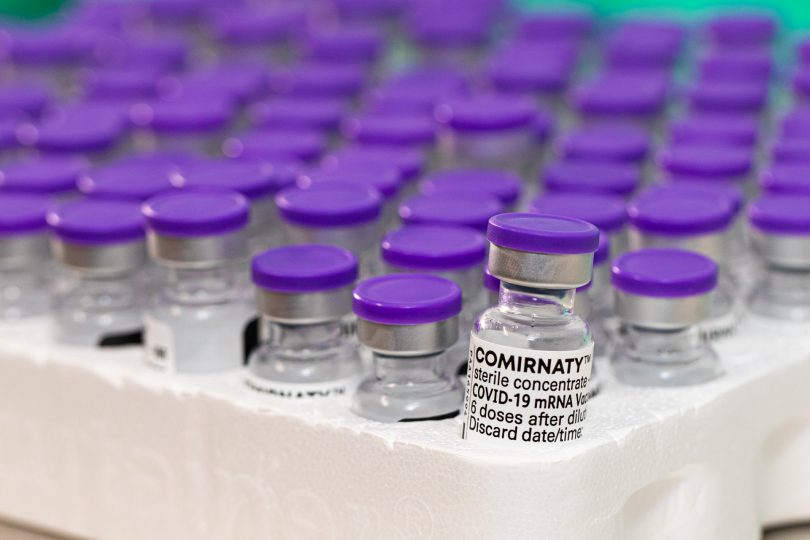
More than 100,000 doses have been administered at ACT clinics. Photo: Michelle Kroll.
Mr Barr said the ACT had nation-leading levels of vaccinations. More than 100,000 doses had now been administered at ACT clinics and a similar number across the rest of the vaccine rollout network.
He said the ACT could expect more supply of the Pfizer vaccine in September.
“We’re already leading the vaccination race in Australia, particularly on first doses, and for take up of people 70 years and older on first does it’s over 90 per cent and right on the heels of the Northern Territory on second doses,” he said.
“That’s ultimately the ticket out of this. But as we know, we don’t have enough vaccine supply to vaccinate everybody at the moment. Hence, the measures that have been put in place around the country are unfortunately necessary at this time.”
Health Minister Rachel-Stephen-Smith urged people who are due for their second dose of AstraZeneca to get their jabs.
But the ACT was not asking people to bring forward that second dose from 12 weeks as is being done in NSW.
The ACT was continuing to follow the advice that Pfizer be preferred for those under the age of 60, but Ms Stephen-Smith said those who wanted to get vaccinated could discuss receiving AstraZeneca with their doctor.
COVID-19 testing levels have fallen, and Ms Stephen-Smith is urging people who have any symptoms, which now for the Delta variant are more like those of a cold or flu, to get tested.
“It’s not surprising there was a bit of a drop off in numbers, but it is absolutely critical that anyone with symptoms come forward and get tested. It’s vital for our surveillance,” she said.
For all the latest travel restrictions and advice, go to the ACT Government COVID-19 website.












